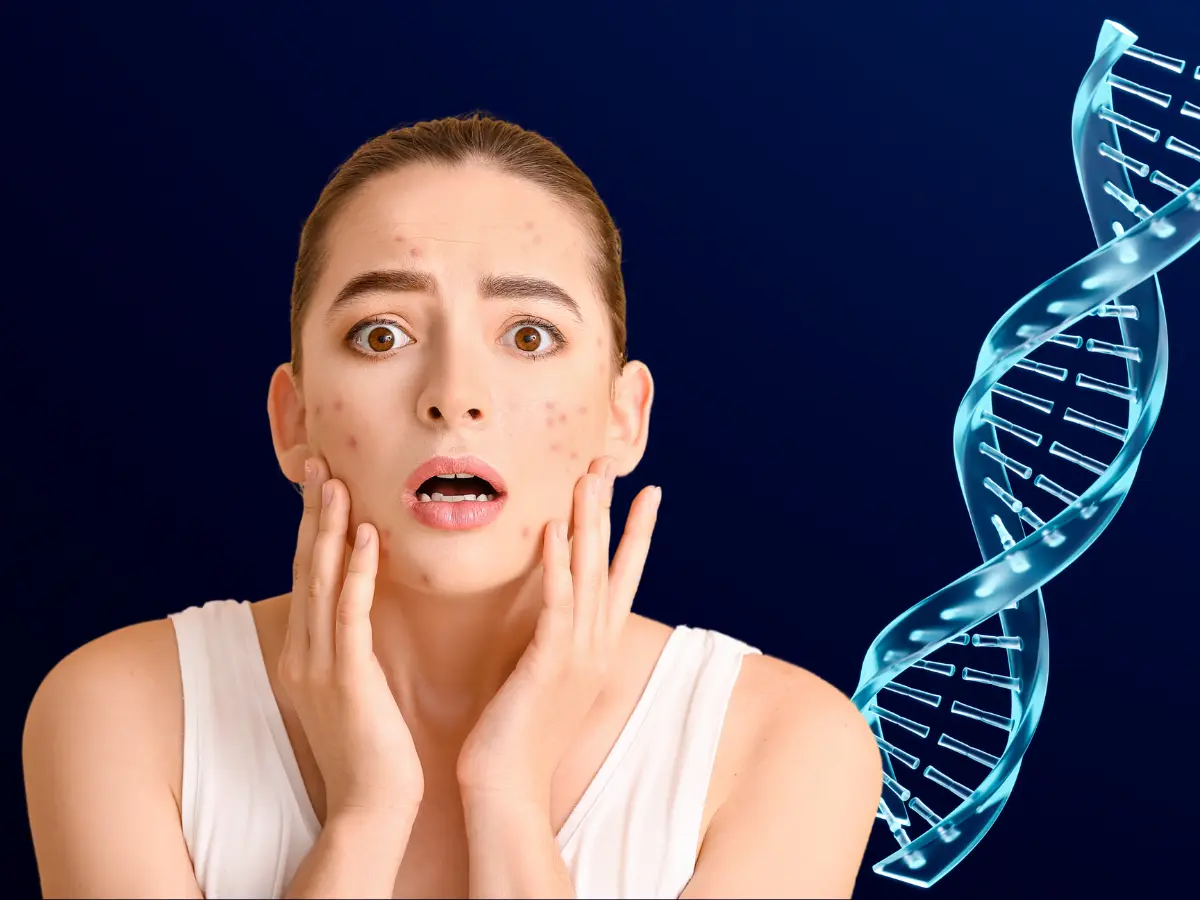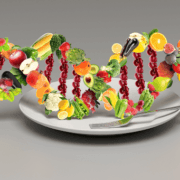DNA Test: Your Key To Harness Your Beauty And Skin Rejuvenation
Your skin is much more than your outer skin. It’s important for many reasons, such as protecting you from bacteria and other foreign objects. It’s also vital in regulating your body’s fluids and temperature. Healthy skin is the mirror image of your health. Healthy skin is smooth, with no breaks or redness. It is warm but not hot, not dry and flaky, but also not moist and wrinkled. Healthy skin is a reflection of a healthy body.
Skin health is important and needs constant care at all ages 
Keeping your skin healthy and beautiful is paramount, but it can be difficult when you’re dealing with acne, varicose veins, age spots, and moles. Yet, healthy skin is possible. With only a few simple steps, you can have naturally glowing skin from head to toe.
It is normal to have a few skin issues in your life, like acne, even occasional sun tanning, or freckles. But when this problem becomes prolonged and starts impacting our appearance, it can impact our self-confidence and anxiety.
Role of Genes in Skin Health 
Your genes play a crucial role in skin health. They Genes influence your skin type, ability to cope with the sun’s UV ray damage, environmental toxins, elasticity, and wrinkling. When genes work the right way, they tell the body to produce new skin cells as old ones die.
When genes do not work the way they should, your skin health could take a toll. Too much of a cell signal can cause cells to grow too quickly, causing skin-clamping problems such as acne. Too little of a signal can prevent the skin from repairing and rebuilding, thus resulting in premature aging.
Type of skin issues
Skin disorders can be painful or painless and can vary in severity. Some are temporary, others are genetic, and others may be life-threatening. It is important to take care of the skin as some disorders can indicate a serious issue that needs to be addressed.
Here are some of the most commonly observed skin conditions:
Acne is a skin condition where the pores of your skin become clogged. The blockages produce blackheads, whiteheads, and other types of pimples.
Acne is most common in teenagers and young adults. One of the most popular reasons for acne is fluctuating hormones. Men and women both have these hormones, but when adolescents go through puberty, their hormones surge, and so does acne.
It can show up as blackheads, pimples, or large, red bumps. There are also non-prescription creams and cleansers for acne treatments. Prescriptions antibiotics can also help get rid of your acne.
Click here to read more about Acne
Loss of skin elasticity can lead to skin sagging, wrinkles, and leathery-looking skin. As people age, their skin becomes less elastic. Skin exposed to the sun can get solar elastosis, a form of elastosis that causes aging skin to look really bad.
Click here to read more about Skin Elasticity
Free radicals can break down the collagen in your skin and cause little rifts on the surface of your skin. It can lead to dark spots, wrinkles, fine lines, and saggy skin.
Click here to read more about Skin Oxidation
Glycation is a process that happens when your skin has excess glucose. It causes an internal reaction, and sugar molecules attach to collagen and elastin — the proteins that help your skin stay firm and supple. Too much glucose in the body has a bad effect on collagen. Collagen is the protein that maintains the skin’s suppleness, and excess glucose means it becomes too rigid. It leads to tired, older-looking skin.
Click here to read more details about Skin Glycation
People with sensitive skin are more prone to inflammation because of the environment, genetics, or low immunity.
Click here to read more details about Skin Sensitivities
As great as the sun can feel, it can turn really bad for your skin. The heat and lack of natural oils dry out your unprotected skin, and it can cause long-term damage. In addition, the sun’s ultraviolet (UV) radiation can cause burning and long-term changes in the skin’s structure.
To read more details about Sun Damage click here
Skin changes can be caused by a deficiency of many nutritional elements, such as ascorbic acid, retinol, protein-energy, cyanocobalamin, phytonadione (vitamin K), and zinc.
For more details about Skin Nutrition and genetic insights click here
Your genes have a lot to do with how your skin ages and what skin issues you might face as time goes by. For example, if you’re not very good at deflecting UV rays, you could find out with a DNA test and then add a higher SPF to your routine.
DNA testing is an easy-to-administer test that tells you your skin’s genetic potential in seven key areas. The test results suggest telling you your response to UV rays, the likelihood of developing wrinkles, and the potential for pigmentation. It also measures collagen quality, skin elasticity, and skin sensitivity.
Personalized Skin Care with genetic testing
The future of beauty is in your very own hands. Personalized skincare is tailor-made to your needs and desires based on your skin’s genetic profile. The concept is simple: it’s prescribable to your skin and yours alone.
- Personalized Skin Care includes the following categories:
- Personalized diet recommendations
- Personalized atopic and oral product recommendations
- Personalized skin treatment recommendations
Nutritional status plays an important role in the maintenance of healthy skin. Macronutrients (carbohydrate, protein, and lipids) and micronutrients (vitamins and minerals) work together to maintain the barrier functions of the skin in the face of everyday challenges.
Personalized nutrition helps your skin; to get appropriate and required nourishment with arrays and essential vitamins and minerals.
Personalized skincare product
It’s important to find the right skin care product for your skin. Your basic regimen should start with products that are formulated for your skin type and genetic makeup towards a particular skin type. Gene testing would let you know about the right product category which would suit your skin precisely.
For example, if your gene test says that you have high AGE (Glycation) causing variants; in that case, you must opt for anti-AGE products like Topical retinol-based OTC or prescription products for skin youthfulness.
Personalized skincare & skin treatment recommendations
Your skin may be unique, but you can find the right treatment for it. Personalized skin treatments rely on your skin’s genetic makeup and chemistry. For example, if you have a high genetic propensity to cellulite or stretch marks, laser therapy is not the right choice. You should opt for vacuum therapy for effective results.
SkinLife DNA test – For Personalized Skin Care & Skin Problem Management for All Skin Types
SkinLife provides comprehensive, personalized genetic insights into your skin type and your skin health-related risks. Your personalized report identifies your genetic risks for wrinkling, pigmentation, sun damage, cellulite, stretch marks, and other skin issues for immediate action. It includes what type of skin treatment will suit you best.
With SkinLife personalized skincare understand your skin better and act accordingly. As a result, enjoy prolonged skin glow and quality.
Click here to visit our SkinLife product page for features and pricing or connect with our experts





















Leave a Reply
Want to join the discussion?Feel free to contribute!